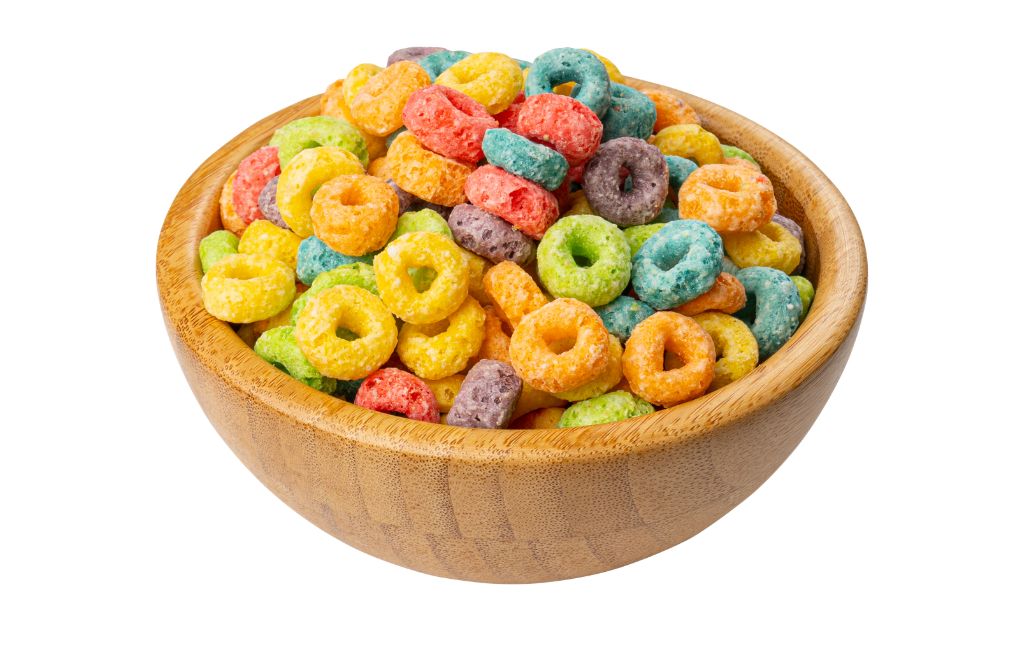Edible Effects Duration: How Long Do They Last?
Edibles have become a popular choice for those seeking the benefits of cannabis without the need to smoke or vape. These ingestible products offer a unique experience, often characterized by a delayed onset and prolonged effects. Understanding the duration of these effects is crucial for both recreational and medicinal users. This article explores the factors influencing the edible effects duration, supported by examples and research findings.
Understanding Edibles
Edibles are food products infused with cannabis extracts. They come in various forms, including gummies, chocolates, cookies, and beverages. The active compounds in cannabis, primarily THC (tetrahydrocannabinol) and CBD (cannabidiol), are absorbed through the digestive system, leading to a different experience compared to inhalation methods.
Factors Influencing Duration
The duration of edible effects can vary significantly based on several factors. These include:
- Dosage: Higher doses typically result in longer-lasting effects.
- Metabolism: Individuals with faster metabolisms may process edibles more quickly, leading to shorter durations.
- Body Weight and Composition: Body fat can store THC, potentially prolonging effects.
- Tolerance: Regular users may experience shorter durations due to increased tolerance.
- Food Intake: Consuming edibles on an empty stomach can lead to quicker onset and potentially shorter duration.
Typical Duration of Edible Effects
The effects of edibles generally last longer than those of inhaled cannabis. On average, users can expect the following timeline:
- Onset: 30 minutes to 2 hours after consumption.
- Peak Effects: 2 to 4 hours after onset.
- Total Duration: 6 to 8 hours, with some reports of effects lasting up to 12 hours.
These timeframes can vary based on the factors mentioned earlier. For instance, a person with a slower metabolism might experience effects for a longer period.
Case Studies and Research
Several studies have explored the duration of edible effects. A study published in the Journal of Analytical Toxicology found that THC levels in the blood peaked around 3 hours after ingestion and remained detectable for up to 24 hours. This suggests that while the psychoactive effects may subside, THC can linger in the system.
Another study in the European Journal of Clinical Pharmacology highlighted the variability in individual responses to edibles. Participants reported a wide range of durations, emphasizing the influence of personal factors such as metabolism and tolerance.
Practical Tips for Edible Consumption
For those new to edibles or looking to optimize their experience, consider the following tips:
- Start Low, Go Slow: Begin with a low dose and wait at least 2 hours before consuming more.
- Be Patient: The delayed onset can lead to overconsumption if not anticipated.
- Consider Your Environment: Choose a comfortable setting, especially if trying edibles for the first time.
- Stay Hydrated: Drinking water can help manage any potential side effects.
Conclusion
Edibles offer a unique and prolonged cannabis experience, with effects lasting significantly longer than other consumption methods. The duration is influenced by various factors, including dosage, metabolism, and individual tolerance. By understanding these elements, users can better manage their edible experiences, ensuring both safety and enjoyment. As research continues to evolve, our understanding of edibles and their effects will only deepen, providing more insights into this popular consumption method.

